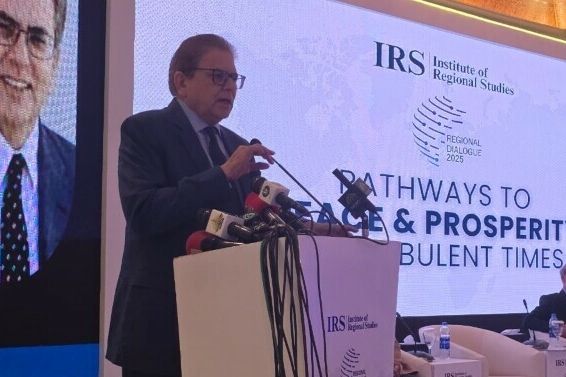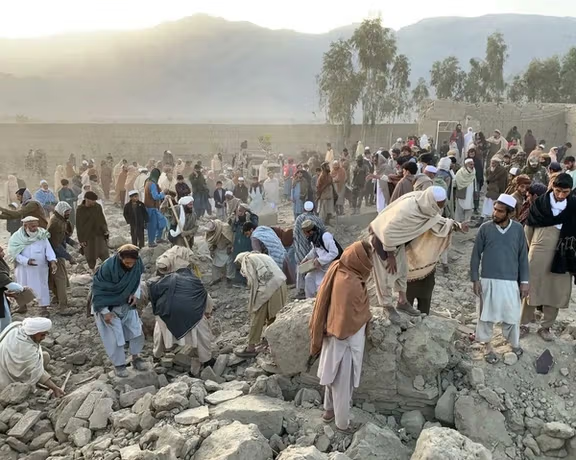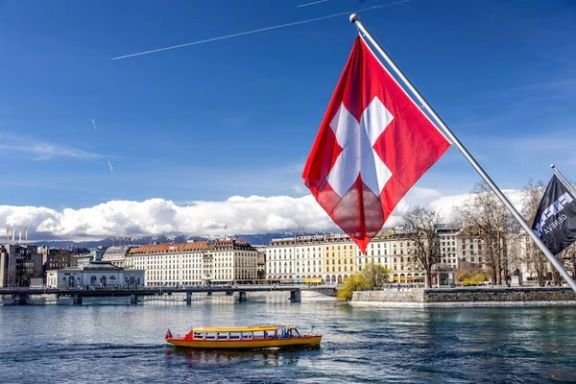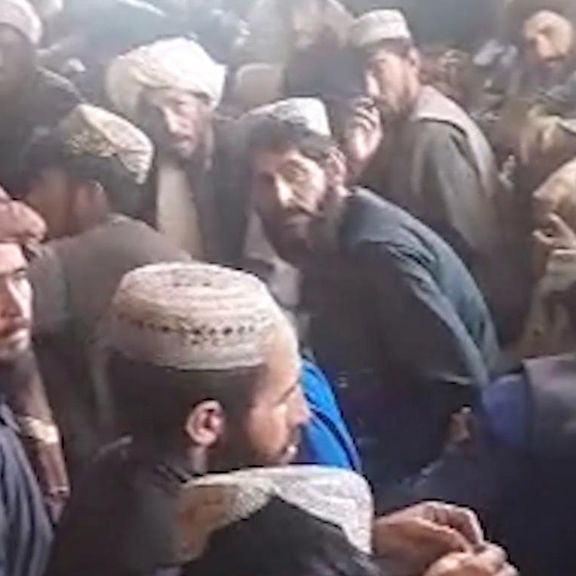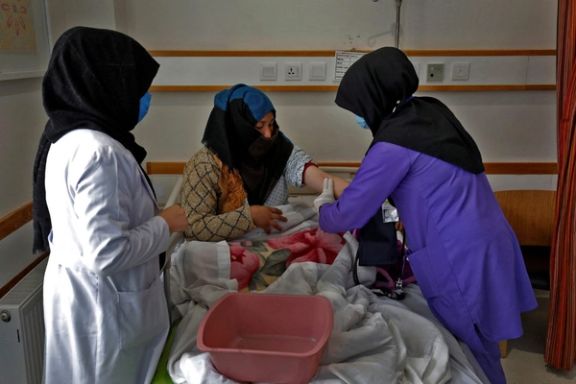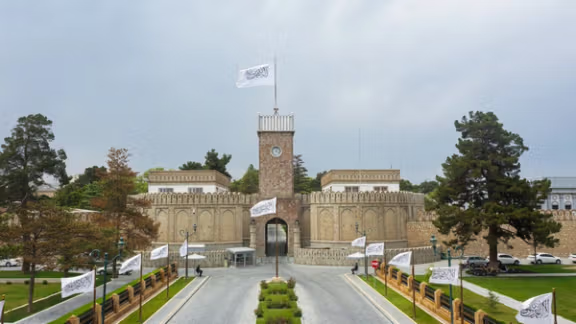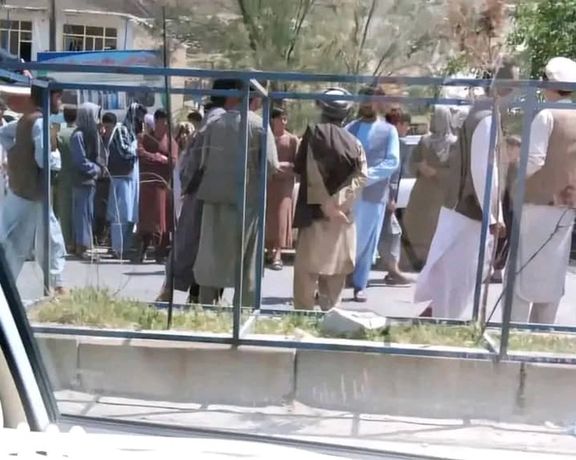The State Secretariat for Migration (SEM) told Afghanistan International that it does not discriminate between individuals on the basis of ethnicity when repatriating Afghan nationals. The agency emphasised that deportations based on ethnicity have never been part of its official policy.
SEM stated that decisions on asylum or deportation are made through continuous assessment of the security and humanitarian conditions in countries of origin. According to the agency, this monitoring process is ongoing and adjustments are implemented when necessary.
The controversy stems from a report published on Sunday by Swiss newspaper Neue Zürcher Zeitung (NZZ), which claimed that the Swiss migration authorities had considered a proposal to deport Afghan asylum seekers belonging to the Pashtun ethnic group. The internal documents reportedly suggested that Pashtuns being ethnically aligned with the ruling Taliban are at lower risk of persecution compared to other Afghan minorities.
NZZ reported that senior SEM officials in Bern drafted a politically sensitive plan that would mark a significant shift in Switzerland’s asylum policy, as the country has never previously enacted deportations based on ethnic classification.
The newspaper further noted that the fall of the Afghan government on 15 August 2021 enabled the Taliban to assume control over the entire country, bringing a degree of stability that has increased pressure on European nations to repatriate Afghan nationals. In Switzerland, Afghan asylum seekers had long enjoyed basic residency rights, and deportations were previously rare. However, in the past year, the first deportations of Afghan nationals were carried out in response to criminal convictions.
Since April 2025, Swiss authorities have indicated that healthy, single Afghan men with family ties in Afghanistan may also face deportation. SEM clarified that this applies only to a small subset of individuals and reiterated that no ethnic distinctions are made in these cases.
Despite SEM’s assurances, internal documents obtained by NZZ last autumn reportedly reflect a shift in attitudes toward Afghan asylum seekers. Public sentiment, once largely sympathetic after the fall of Kabul, has shifted amid rising concerns about terrorism and criminality.
This change has been exacerbated by a series of high-profile Islamist attacks in Germany. In May last year, an Afghan supporter of ISIS fatally stabbed a police officer and injured five others in a public attack. In a separate incident in February, a 24-year-old Afghan man drove a vehicle into a crowd in Munich, killing a mother and her two-year-old child and injuring 54 others. Both perpetrators were asylum seekers residing in Germany.
Magdalena Rast, spokesperson for SEM, confirmed that Switzerland’s asylum and return policy for Afghan nationals was most recently revised in April 2025, and categorically denied any policy involving ethnic profiling.
